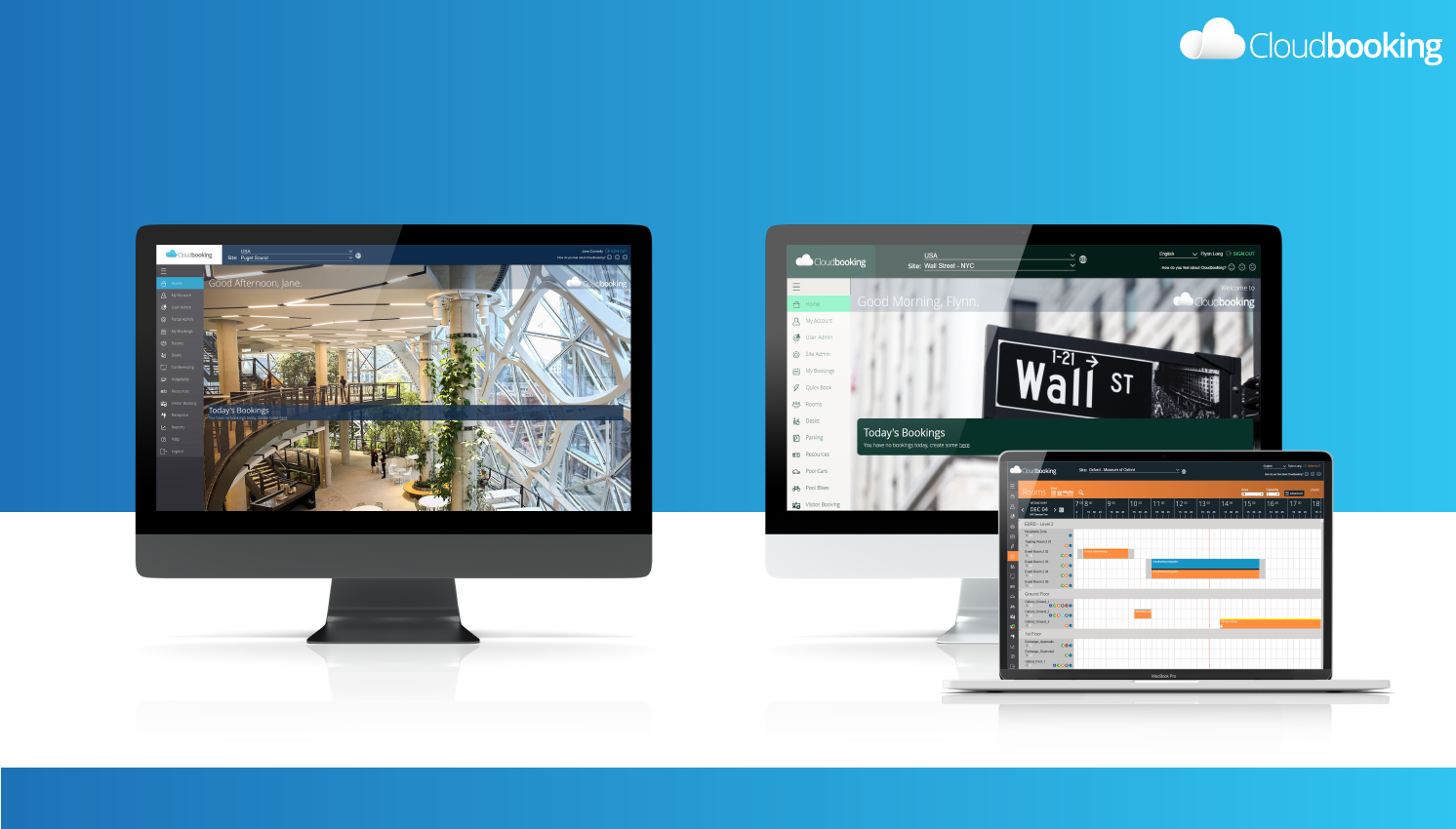
Hybrid living challenges the traditional idea of putting work at the forefront of our lives. Instead, proponents of hybrid living believe that work should be integrated into our personal lives, creating a unified experience that blends work, home, and leisure activities. Employees can choose when and where they work while fulfilling their obligations to the company. Our Mini Guide: Hybrid Living — Get the Future of Work Right is essential reading as you begin your hybrid living journey.
If you’re considering introducing hybrid living to your organisation, be prepared for some challenges. To ensure success, we recommend aligning your hybrid living strategy with five key factors that are relevant to the needs of both your business and employees.
1: Environmental, Social and Governance (ESG)
Hybrid living, a revolutionary approach to hybrid working, hinges on seamlessly integrating work, home, and leisure. This approach puts individuals’ personal lives first and empowers them to fulfil their work obligations. To ensure success, align your hybrid living approach with five key factors catering to your business and employees’ needs, including environmental, social, and governance considerations.
From an investment perspective, incorporating ESG analysis alongside traditional financial factors adds to our holistic understanding of risk and opportunities and long-term value outcomes. – World Economic Forum
When it comes to sustainability, common sense would suggest enabling workers to work outside of the office would reduce commuting times — a significant timewaster in the UK, where the commute to and from work before the pandemic took an average of 59 minutes.
The sustainability benefits of remote work need to be more conclusive. A study of California employees who shifted to work-from-home (WFH) during the pandemic found a 26% rise in the average number of trips taken. But organisations need to take care when framing hybrid living against their sustainability goals. Sustainability policies must embed these factors in every corporate decision.
Effective policies will consider factors beyond transportation, such as:
- Electronic waste
- Home energy bills (and whether to subsidise these costs)
- Technology footprint from laptops and other electronic devices
- Encouraging sustainable behaviours associated with work and beyond it
According to Joe Alvarez, president of National Office Systems Inc., hybrid offices support ESG goals.
There’s good news: Hybrid offices are a natural choice for boosting your organization’s ESG. – Joe Alvarez
2: Policies and Investments
For a new working model to positively impact your organisation, it’s essential to implement policies and invest in modern technology. For an in-depth discussion on the future of work and why these policies and investments are necessary for a practical approach – our webinar, The Future of Work — The Top Trends Impacting Workplace Transformation, provides critical insight. In the session, our CEO Gerry Brennan is joined by Marissa Huber, Workplace Strategy, Cushman & Wakefield, and Denise Brouder, Founder of SWAY workplace, who discuss how businesses can deliver a cohesive workplace strategy to adapt to the times.
1. Technology infrastructure:
To successfully embrace hybrid living, businesses must invest in technology infrastructure to support remote work, such as cloud-based systems, virtual private networks (VPNs), and video conferencing software.
2. Cyber security:
The 2022 Mobile Security Index revealed nearly 80% of cyber security teams expressed concerns that recent changes to working practices have harmed their organisation’s cyber security. Employers must invest in cybersecurity measures, such as firewalls, anti-virus software, and secure remote access solutions to protect their networks and data.
3. Ergonomic equipment:
Although not a requirement, you can make your employees feel valued by investing in the equipment and tools they need to work comfortably and productively from anywhere. For example, you can enhance their WFH experience by providing them with ergonomic equipment, such as ergonomic chairs, desks, and monitors.
4. Training and development:
Finally, there will be a need for training and development programs focusing on remote work best practices, time management, and communication skills. This investment doesn’t have to involve work per se. For instance, one of the most common issues associated with remote work is switching off. Organisations can provide training on digital detoxes and work-life balance.
What’s the Secret to Work-From-Home Productivity?
3: Employee Wellbeing
According to a recent survey, only a small percentage (11%) of Gen Z workers prefer to work from home full-time. Younger generations newly entering the workforce have expressed a need for social connections and networking opportunities found in an office setting. Another survey found that many college students and recent graduates voiced concern about losing their sense of community while working remotely.
Offering flexible working options can positively impact business productivity, employee satisfaction and retention rates while giving individuals the freedom to work in a way that suits their lifestyle. Flexible working arrangements can reduce absenteeism and employee turnover, saving businesses time and money on recruitment and training. Sustainability Magazine,
According to a recent report by the Glassdoor Economic Research team, a Hybrid Living model can be a helpful solution for employees facing financial difficulties during the current economic downturn. The report found that 58% of employees surveyed said that flexible working arrangements have been instrumental in helping them manage the increasing cost of living.
Key findings also include:
- Employees discussing hybrid work are significantly more satisfied than their counterparts
- Workers without flexibility are twice as likely to apply for a new job
- Discussion about ‘hybrid’ up 1600% in the last 12 months in employee reviews
- Hybrid employees have better work-life balance and work autonomy but are at risk of disconnection and career stagnation
4: Economic Impact
Soaring inflation and the looming threat of a recession have catalysed companies into cost-saving measures, scrambling to offset the coming economic storm. Transitioning to hybrid living could be instrumental in allowing organisations to rein in what is typically one of their most significant business expenses: rent.
Fortune reports 83% of executives believe hybrid working will enable them to reduce operating costs — 60% of these leaders plan to reduce their office space by at least half. Case in point: JP Morgan Chase CEO Jamie Dimon announced in 2021 that the bank would embrace a combination of in-person and remote work to “significantly reduce our need for real estate.”
Our blog, Optimise Your Commercial Hybrid Office, discusses the positive economic impact a hybrid office format could provide businesses. Data-driven office management can reduce costs by showing how employees use your space.
Everything You Need to Know About The Future of Working From Home
5: Technology and Innovation
You may need to adopt new management strategies to keep your workers engaged and productive while they work remotely. This can involve using new tools like video conferencing software, virtual collaboration platforms, and project management software.
An excellent tool for this is Cloudbooking, which provides valuable data on how your workers utilise and interact with individual workspaces and facilities in your office. Using this feature, you can gain crucial insights into office occupancy, which will help you optimise your office space while maintaining an optimal worker capacity. The Internet of Things (IoT) has made integrating workplace sensors into your office space more accessible than ever. Our Cloudbooking IoT can track foot traffic and provide invaluable insights into office usage.





